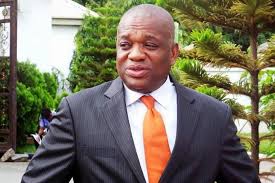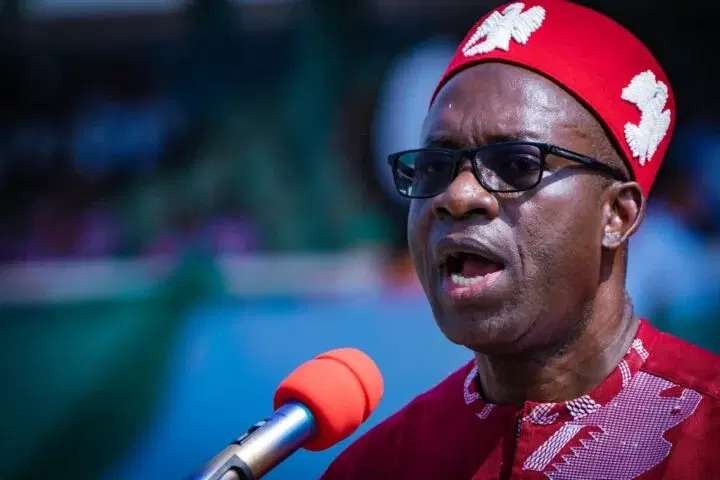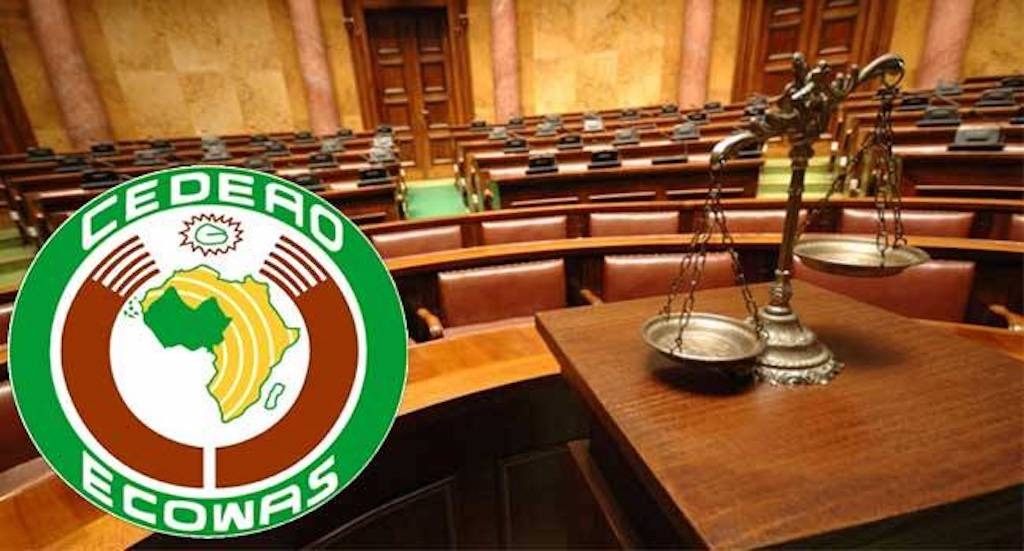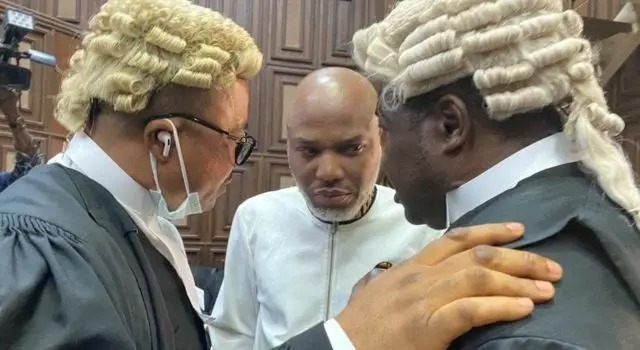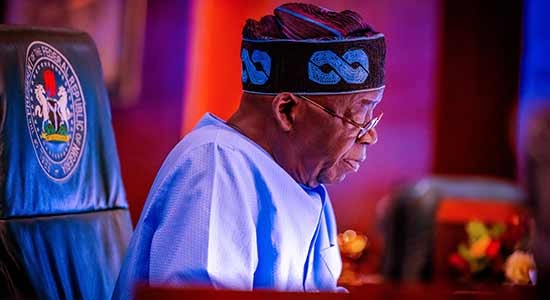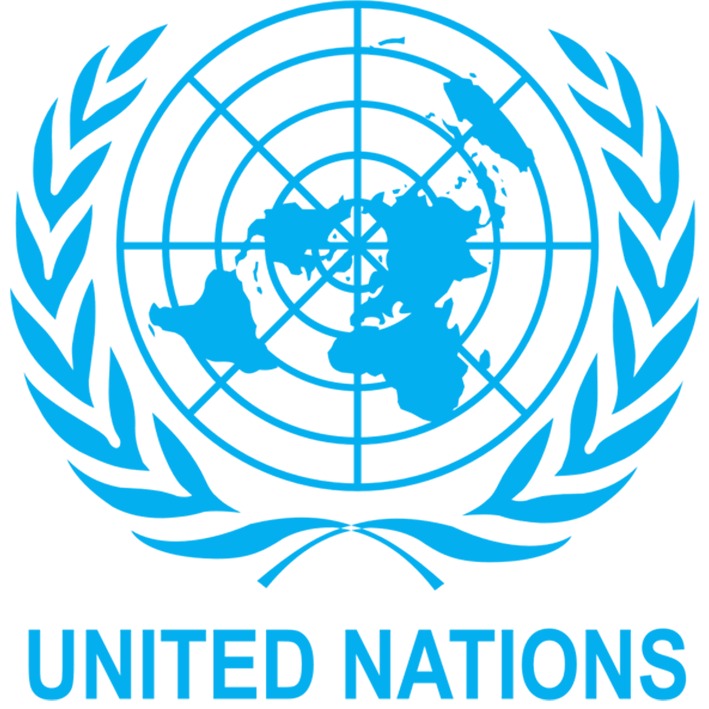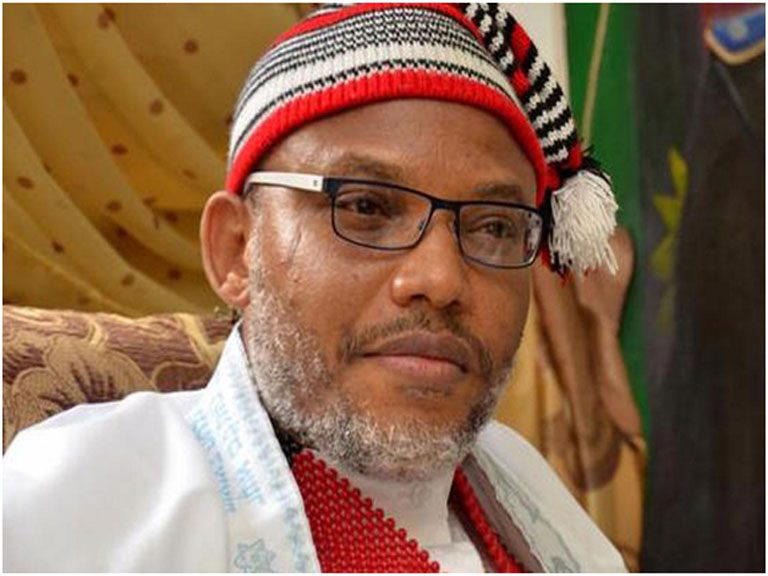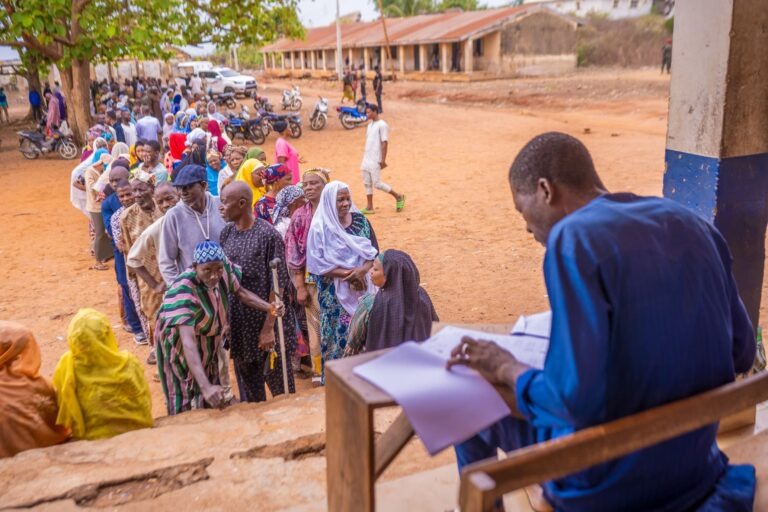The Court of Appeal sitting in Abuja, on Friday, gave the Federal Government the nod to challenge the judgement that barred the Economic and Financial Crimes Commission, EFCC, from reopening the trial of a former Governor of Abia State, Senator Orji Uzor Kalu.
The appellate court, in two separate rulings by a three-member panel of Justices, granted an extension of time to enable FG to file processes to set-aside the September 29, 2021, judgement of the Federal High Court in Abuja, which stopped the EFCC from prosecuting the former governor who is currently representing Abia North in the Senate.
It will be recalled that Kalu, who piloted the affairs of Abia State from 1999 to 2007, was earlier convicted and handed a 12-year jail term by the Lagos Division of the Federal High Court.
The trial court convicted him alongside his firm, Slok Nigeria Limited and a former Director of Finance in the state, Mr. Jones Udeogu, over an allegation that they pilfered about N7.1billion from the Abia State treasury.
However, following an appeal that was lodged by Udeogu, the Supreme Court quashed his conviction and remitted the case-file back for retrial.
A seven-man panel of justices of the apex court noted that trial Justice Mohammed Idris was already elevated to the Court of Appeal as at the time he sat and delivered the judgement that convicted the defendants.
It held that Justice Idris was no longer a judge of the High Court as at December 5, 2019, the day Kalu and his co-defendants were found guilty of the money laundering charge against them.
According to the Supreme Court, Justice Idris, having been elevated to the Court of Appeal before then, lacked the powers to return to sit as a High Court Judge.
Based on the judgement in favour of Udeogu, Kalu, who was already serving his jail term, through his lawyer, Prof. Awa Kalu, SAN, applied to be released from the Kuje correctional center.
Shortly after the former governor was released from prison, the EFCC moved to re-arraign him and his co-defendants again.
Dissatisfied with the move, both Kalu and his firm filed separate suits to challenge their retrial.
Kalu argued that allowing the EFCC to try him afresh on the charge and same facts upon which he was earlier convicted and sentenced, would occasion him to suffer a “double jeopardy”.
According to him, “The unassailable position of the law is that no person who shows that he has been tried by any court of competent jurisdiction or tribunal for a criminal offence and either convicted or acquitted, shall again be tried for that offence having the same ingredients as that offence, save upon the order or a competent Court.
“The trial of the Applicant having been pronounced a nullity by the Supreme Court in its judgment dated the 8th day of May, 2020 and without more, cannot entitle the EFCC to institute the same charge against the Applicant.”
Canvassing reasons why his trial should not commence de-novo (afresh), Kalu, said he was earlier convicted and sentenced with respect to the same 36-count charge the EFCC entered against him.
“That following the conviction and sentence of the Applicant, the Applicant was incarcerated at the Kuje Correctional Centre where he served part of his term having spent a few days in the Ikoyi Correctional Centre”.
He noted that the Supreme Court had in the judgement it delivered on May 8, 2020, on Appeal No: SC.62C/2019, which was filed by his co-defendant, Udeogu, held that the trial of the Appellant at the trial Court was conducted without jurisdiction.
He argued that the apex court thereafter, only ordered the retrial of the Appellant (Udeogu), without reference to himself (Kalu).
He, therefore, prayed the court for an order of perpetual injunction restraining FG, through the EFCC or its agents, from further trying, harassing and intimidating him with respect to the charge or any other charge based on the same facts “as the Applicant need not suffer double jeopardy.”
Meanwhile, in a judgement he delivered on September 29, 2021, Justice Inyang Ekwo of the high court upheld Kalu’s argument and barred the anti-graft agency from re-opening his case.
Following an appeal that was lodged by FG, the Court of Appeal, on March 6, 2024, halted the move to retry the former governor.
The appellate court held that the record of appeal FG transmitted before it, was incompetent as it was not neither stamped nor the official designation of the person that signed it, indicated.
The appellate court held that the flaw in the record that was brought before it, vitiated the competence of the entire appeal.
Not happy with the decision, FG took the matter before the Supreme Court, where it obtained a favourable ruling on Friday.
Justice Ishaq Sanni, who read the ruling, dismissed as lacking in merit, objections that were raised against the appeal by ex-governor Kalu and his firm.
He held that the appellate court merely struck out the case on technical ground, a decision that could not be regarded as a judgement on the merit of the appeal.
According to the Supreme Court, FG was right to seek leave for an extension of time since the three months allowed for an aggrieved party to file an appeal, had elapsed.
It, therefore, gave FG 14 days to file its notice of appeal.
